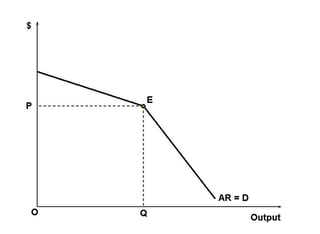3 Important Things to Consider About EHR Systems

Since the HITECH Act passed in 2009, electronic health records (EHRs) have been implemented across the country, quickly becoming the rule rather the exception. The benefits of such technology are myriad and certainly well known to the health care community as a whole. But despite the staggering success born out by statistics (a 55% decrease in medical errors, for instance, from the Journal of the American Medical Information Association) some unintended consequences may be important things to consider about EHR systems – both for administrators making the decision to implement and also for those currently using the technology. Here are three of them:
1. The Productivity Slump
The transition from written prescriptions, notes, and orders may indeed save you time. Unfortunately, that opportunity comes at a cost. Lags in productivity as staff learn to use the technology typically leads to a loss of revenue in the first month of about 20%, according to the American Journal of Medicine. Further, productivity and revenue tends not to return to the norm for a further two months and can linger with staff turnover. This slump is often overlooked and earns top billing in a list of things to consider about HER systems.

2. Implementation of… Costs
Though numbers vary, a typical electronic health system runs about $12,000. That’s nothing to sneeze at for a smaller practice – and larger institutions can expect to pay millions by the time the deed is done. Most up-front investments reap more than time and more efficient workflows, however, and the deficit left by implementation costs is not compensated for by an increase in revenue from patient volume. Indeed, increased efficiency leads to a reduction in procedure redundancy and shorter hospital stays, which will certainly reduce revenue as well.
3. The Share
We all know the great advantages of digital information, one of which is the ease of transmission. Unfortunately, despite some increased security benefits provided by most EHRs, unauthorized staff (or even remote strangers) can hack systems and share information in real time. A sick politician or a celebrity death poses a temptation to unethical players looking for a scoop. More nebulous records can be obtained more easily than a hard copy can be smuggled out of an office.
Among the things important to consider about EHR systems are of course the tremendous benefits they offer. But a wise administrator or physician needs to prepare for more subtle factors in terms of productivity, costs and privacy.
